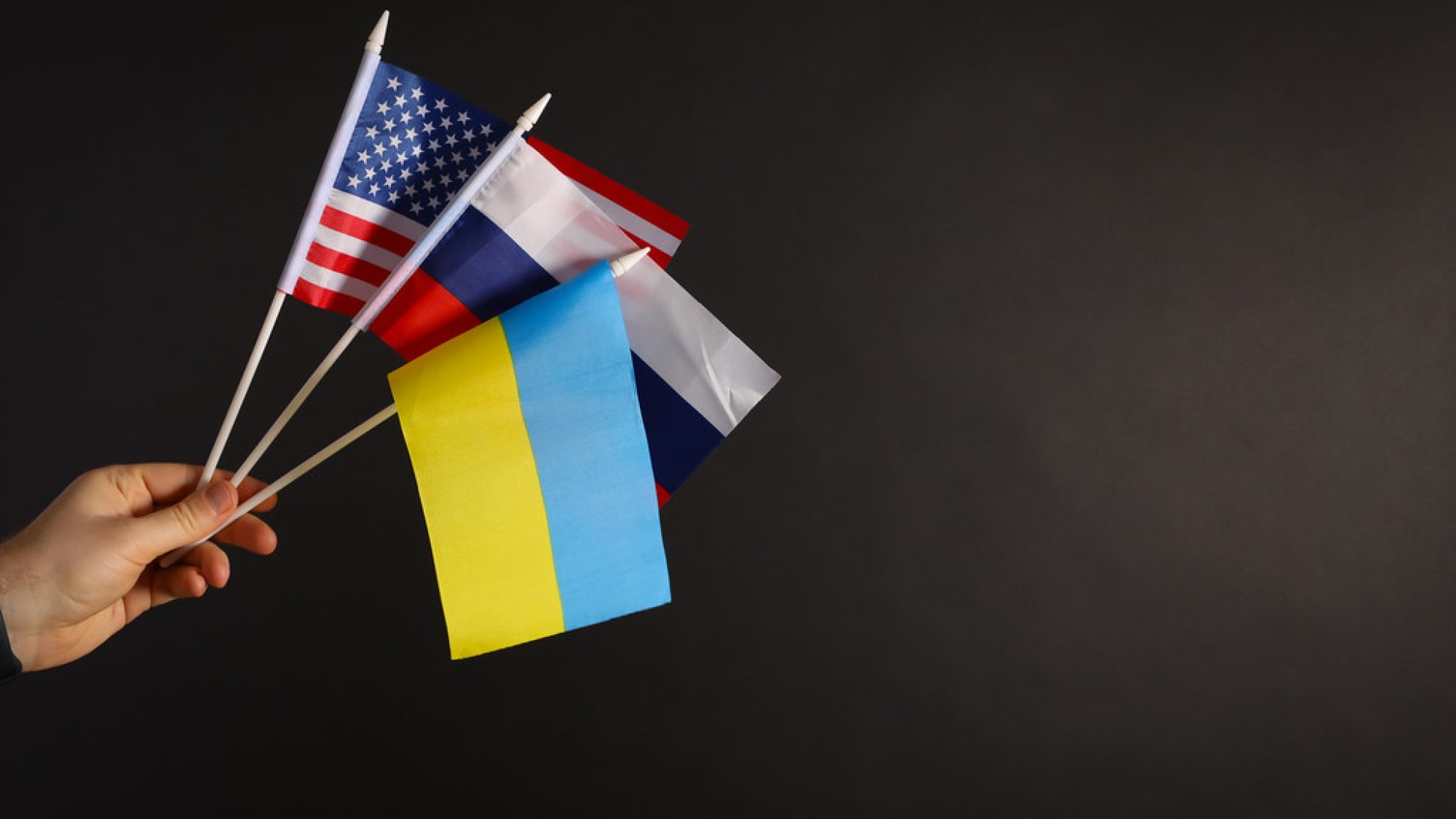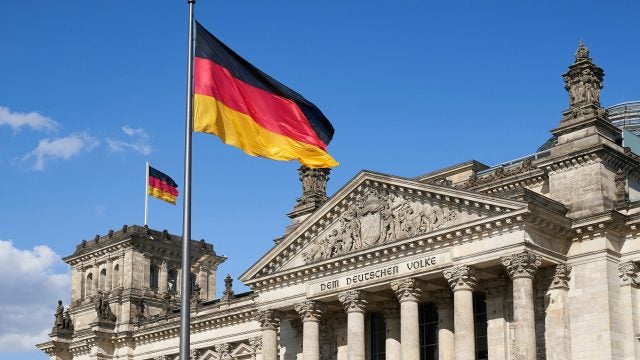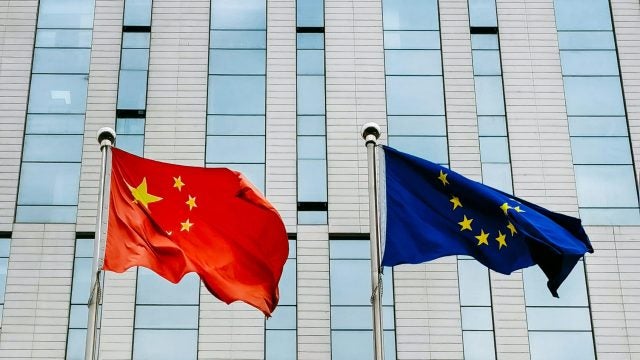
Title: Refining the Logic of Targeted Asset Freezes
Asset freezes targeting elites are a key element of Western sanctions against Russia, despite their limited utility for pressuring the regime to change course. The idea that asset freezes foster behavioral change can lead to their overuse, including against individuals unlikely to hold funds or property abroad. A more selective use of this tool should focus on disrupting the operations of Russian tycoons, whose businesses generate revenue for the state, as well as networks directly supporting the war effort and facilitating sanctions evasion.
One year after the Russian invasion of Ukraine, Western energy sanctions, in combination with a price cap to limit Russian earnings from shipborne oil and refined petroleum exports, are chipping away at Russia’s revenue, while export controls erode Russia’s military capacity and energy sector. Financial sanctions on key Russian banks that facilitate trade finance and investment are deepening Russia’s economic isolation. These measures are the core elements of a strategy to achieve the Group of Seven’s objective of degrading Russia’s ability to continue financing and fighting the war. Another component of the Western toolkit, however, is having less impact: asset freezes targeting Russian elites.
Targeted asset freezes—known as “blocking sanctions” in the United States and “restrictive measures” in the European Union (EU)—traditionally have served a different purpose: compelling state officials and influential elites to pressure their government to change its behavior. Asset freezes have played a large role in economic statecraft since a multilateral initiative in the late 1990s and early 2000s to avoid the type of humanitarian hardship that Iraqi civilians experienced under comprehensive United Nations sanctions.
Since Russia’s 2014 annexation of Crimea, the United States and its allies have sanctioned more than 9,600 individuals. This impressive effort has targeted oligarchs and family members as well as an array of Russian government and military officials and non-state regime proxies. The multilateral sanctions coalition has frozen or blocked assets worth over $58 billion and seized yachts and other property, according to the multilateral Russian Elites, Proxies, and Oligarchs (REPO) Task Force’s latest update. There is no sign, however, that such action has swayed President Vladimir Putin’s determination to continue the war. A recent US Treasury Department assessment of how US sanctions have affected Russia does not identify any concrete impacts on Kremlin policy stemming from blocking orders on elites.
In his annual speech this February, Putin expressed little sympathy for the oligarchs who had lost offshore property and bank accounts. He framed their choice as living in their Western “palaces” as “second-class citizens” or investing their wealth at home to benefit the Russian people. Putin reinforced this message at a March meeting with Russian business elites.
Putin’s comments, of course, belie his own role as kleptocrat-in-chief. Russian oligarchs and other elites enjoy a privileged position as the regime’s core support base. But their Kremlin ties do not guarantee influence over policy decisions. Rather, those who benefit from Putin’s patronage system are beholden to the state and unlikely to protest when facing foreign pressure, given the risk of retaliation. If any oligarchs are pressing Putin to end the war, there is no sign he is listening.
The use of asset freezes reflects a compelling logic: sanctioned individuals, unable to access their offshore wealth, would lobby the state for policy changes. Leaders, facing eroding support from the constituency keeping them in power, would give in to foreign demands. However, there is little evidence this logic has ever held. Autocrats tend to resist such pressure regardless of how many of their henchmen, family members, and cronies are designated. The national or personal interests driving state policies may outweigh any costs external actors can impose. It is challenging to measure the specific effects that individual sanctions have over time, but regime concessions tend to follow the economic fallout from sanctions that reduce export revenues and cut off access to foreign financial markets, technology, and industrial inputs. Iran’s willingness in 2015 to negotiate the fate of its nuclear program is a case in point.
Sanctions that succeed in severing access to offshore funds and property can cause business losses and inconvenience for sanctioned elites. But sanctions-induced hardship will not inevitably lead them to push their regime to make concessions, let alone turn against the state. Elites can also take steps to safeguard their assets. As the International Consortium of Investigative Journalists’ (ICIJ) exposés of leaked client records from offshore financial service providers have revealed, oligarchs and other wealthy individuals use these firms to hide their ownership of assets under layers of shell companies and trusts and use associated accounts for transactions. Before and after designation, elites can use similar mechanisms to evade sanctions and can protect physical assets like valuable artwork in freeports, as John Zarobell has argued in these pages.
Despite these limitations, sanctions programs continue to emphasize asset freezes. The idea that targeting elite wealth will lead to behavioral change—combined with high demand for such measures—can foster a more-is-more approach to designations. For example, Stanford University’s International Working Group on Russian Sanctions has detailed a sanctions targeting methodology that would affect over 100,000 people. This proposal reflects the desire for a strong response to Russia’s horrific war, but compiling the information necessary to designate even hundreds of people is resource intensive. Sanctions against individuals with no offshore property or influence over Kremlin policy are mostly symbolic.
Targeting the assets of individual Russians should reflect a different logic long reflected in designations of terrorists, drug kingpins, and transnational criminals: severing financial access can disrupt their cross-border operations by increasing the cost and risk of their transactions. Freezing the assets of oligarchs and their enterprises that generate revenue for the state and support the defense industry can reinforce the effect of sanctions targeting major Russian economic sectors. For example, EU and United Kingdom (UK) sanctions on Russian oligarch Alexey Mordashov—and subsequent US blocking sanctions on him and several of his firms, including major steel producer Severstal PAO—severely affected his business interests.
In practice, US asset freezes often reflect this logic when used against people who conduct or facilitate state actions. Over the past year, the United States has used blocking sanctions against senior Russian leaders, disinformation agents, Defense Ministry officials, and enablers of the war effort. But the extent of disruption depends on the location of their assets and their need to access them. The United States has also continued sanctioning Russians with an indirect connection to the war who may lack offshore accounts, including 620 national legislators and 47 governors. While disruption may be the stated rationale, press releases announcing new blocking sanctions often note the goal is to “bring about a positive change in behavior.”
A selective approach to designating individuals that prioritizes operational disruption rather than behavioral change would free up resources to work on another US priority: enforcing existing sanctions and targeting support networks that facilitate Russian sanctions evasion. The United States Treasury Department has targeted numerous sanctions evaders and their companies, and the United States Department of Justice has worked aggressively to enforce sanctions and export controls.
A recent Dartmouth study of oligarch financial networks argues for sanctioning the mostly Western wealth managers Russian oligarchs have used to hide their offshore assets. In fact, banks in the West providing wealth management services are required to comply with asset freezes, and foreign banks with Western market exposure have incentives to do the same. US persons are also banned from providing accounting, trust and corporate formation, and management consulting services to anyone in Russia. The EU and UK have adopted similar restrictions.
Last September, the Treasury Department warned it would sanction foreign entities providing material support to designated Russian individuals and firms. Treasury also added accounting, trust and corporate formation, and management services to the Russian sectors subject to sanctions and this February designated seven Russians and eight Russian firms, including three in the EU, that provide wealth-management services. Targeting businesses with Western exposure makes sense, but the goal should not be to sanction every foreign wealth manager Russians use. Companies specializing in discrete financial services—including those in the “network hubs” the Dartmouth study names—would have had an incentive to move assets beyond US reach after appearing in the ICIJ’s Offshore Leaks database.
Focusing investigative efforts on identifying and blocking the assets of Russia’s sanctions evaders and war enablers who rely on access to Western jurisdictions and services is a more efficient way to impose costs than designating thousands of Russians with limited external ties. This approach will have little effect on Putin’s behavior, but it will help reinforce the impact of other sanctions on his ability to sustain the war.
*The opinions and conclusions expressed in this product are solely those of the author and do not necessarily represent the views of the US Department of the Treasury or any other federal agency.
. . .
Jill Jermano is an adjunct lecturer in the Applied Intelligence Program at Georgetown University’s School of Continuing Studies and a lecturer in the Security Studies Program at the George Washington University’s Elliott School of International Affairs. She previously served as a senior executive in the US Department of the Treasury’s Office of Intelligence and Analysis.
Image Credits: Flickr | Jernej Furman
Recommended Articles

This article contends that South Africa’s 2025 G20 presidency presents a critical opening to shape governance of critical mineral supply chains, essential for renewable energy, digital economies, and national…

Germany’s economy is being throttled by a more competitive China that has usurped its previous manufacturing dominance in many industries. In response, Germany has doubled down on the China bet…

In 2021, the European Union (EU) attempted to assert itself in the Indo-Pacific arena to increase its geopolitical relevance by releasing an ambitious and multifaceted Indo-Pacific Strategy. However, findings from…